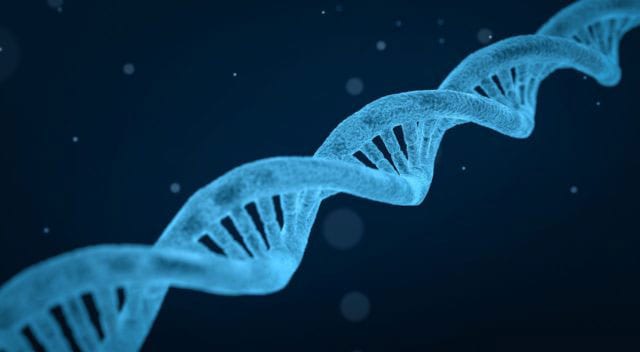This past week, biopharmaceutical company Mustang Bio announced that their gene therapy candidate MB-107 received Rare Pediatric Disease Designation. The gene therapy candidate is designed to treat X-linked severe combined immunodeficiency (XSCID) in infant patients.
XSCID
X-linked severe combined immunodeficiency (XSCID) is an X-linked genetic disorder affecting the immune system. Resulting from IL2RG gene mutations, XSCID almost exclusively affects males. Normally, the IL2RG gene offers instructions to create a protein which stimulates the growth of lymphocytes. Lymphocytes play a role in the immune system by creating antibodies and fighting against foreign invaders. However, gene mutations prevent normal immune function. As a result, patients are unable to fight off infections.
Symptoms associated with XSCID include chronic diarrhea, recurrent fungal infections, skin rashes, poor development, low muscle tone, frequent ear infections, and sepsis. Without treatment, patients do not usually survive past their infant years. Currently, bone marrow transplants are a common treatment. Usually, patients first receive chemotherapy to make room for new, healthy cells. Then, they intravenously receive altered stem cells with a viral vector containing a working version of the IL2RG gene.
Learn more about XSCID here.
MB-107
MB-107 is a lentiviral gene therapy. In a book chapter on gene therapy, the authors explain that:
Lentiviruses are human and animal pathogens that are known to have long incubation periods and persistent infection.
However, they also note that:
Lentiviral vectors (LV) are efficient vehicles for gene transfer in mammalian cells due to their capacity to stably express a gene of interest in non-dividing and dividing cells.
Basically, MB-107 is delivered through a lentiviral vector, allowing beneficial gene expression without harming the patient. Currently, a Phase 1/2 trial is testing the efficacy, safety, and tolerability of MB-107 for 15 infant patients (ages 2 and under) with XSCID. Mustang Bio also submitted an investigational new drug application (IND) to the FDA to be able to hold a Phase 2 clinical trial for 10 additional patients. In this trial, researchers will compare the efficacy of MB-107 to hematopoietic stem cell transplantation (HSCT).
Recently, the FDA granted Rare Pediatric Disease Designation to MB-107. This is granted to drugs (and developers) who aim to meet an unmet need in pediatric populations with rare diseases. Generally, rare diseases are classified as those which affect less than 200,000 U.S. citizens. Additionally, MB-107 received Regenerative Medicine Advanced Therapy designation in the United States, as well as Advanced Therapy Medicinal Product designation in Europe.





